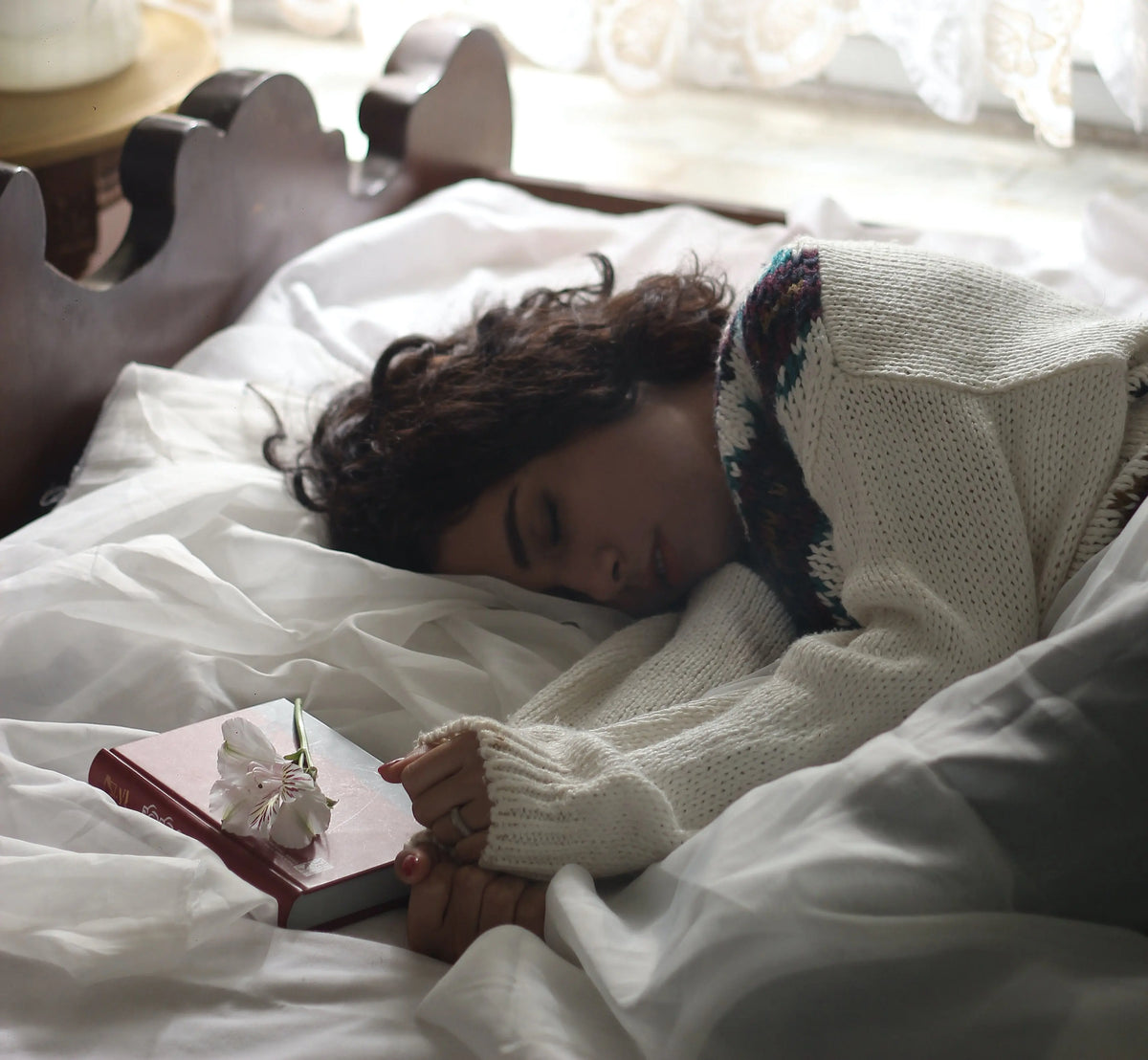
The Hidden Dangers of Insomnia in Our 24/7 Society
|
Time to read 2 min
This store requires javascript to be enabled for some features to work correctly.
Written by: The Myza Editorial Team
|
Time to read 2 min
Insomnia is a sleep disorder whereby the sufferer has trouble falling asleep, or staying asleep as long as possible. It can be experienced on its own, or as a symptom of other health problems, such as psychological stress, heart failure, heartburn or chronic pain. It is usually followed by daytime sleepiness, low energy, irritability and depression.
Unfortunately, it doesn’t end there. The short term effects of insomnia pale in comparison to the long term health risks which are exacerbated by a lack of sleep, including obesity, depression, cardiovascular disease and diabetes. To pile on the bad news even more, recent research has found that poor quality sleep (as experienced by insomniacs) could increase the risk of Alzheimer’s in later life. And it’s only getting worse. We live in a 24/7, plugged-in culture where sleep is for the weak, and all-nighters are for the ambitious.
As the old adage goes: you can sleep when you’re dead. This is especially noticeable in highly competitive, work-orientated societies such as Japan, America and Britain; therefore, it should come as no surprise that the Japanese and Americans rank at the bottom of the list when it comes to global comparisons of average citizen sleep duration.
Unfortunately, more and more of us just aren’t getting the rest that our bodies and minds need. Part of the blame has to go to the growth of mobile technology – use of smart phones late at night by teenagers has been linked to poor quality of sleep and mental health issues, such as depression and low self-esteem. Surely we can’t go on like this? Given the clear relationship between sleep and productivity, we might soon reach a tipping point. Business employees will slowly but surely morph into a mass of dilapidated, zombie-like vessels, unable to meet deadlines and complete projects. Profits will plummet, and the economy will be thrown into flux. Then again, perhaps I’m exaggerating a bit. But for all the hyperbole and alarmism, there is a serious point to be made.
Sleep-related problems are under-reported in the media, and there doesn’t seem to be any public consciousness about the very real risks posed by not maintaining a healthy sleep routine. But there could be hope. Scientist Jason Ong, a neurologist at Northwestern University, has conducted new research which suggests that the secret to a good night’s sleep later in life is having a good reason to get up in the morning: a sense of purpose. Of course, for those who do suffer from insomnia, discovering your passions and life goals should not be a substitute for the traditional methods of treatment, i.e. relaxation training and cognitive/behavioural therapy. But it’s definitely something to sleep on.
Receive 10% off your first order when you subscribe to our newsletter


